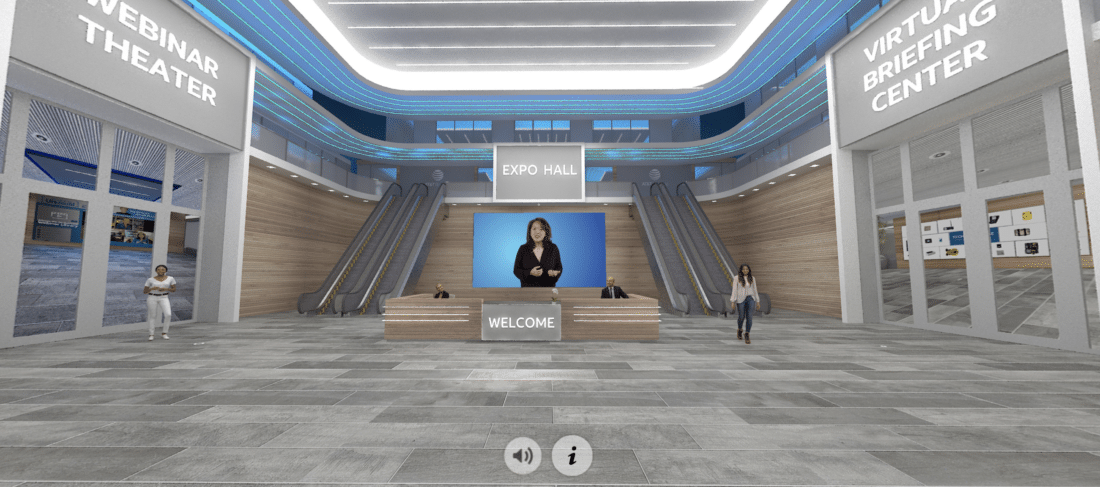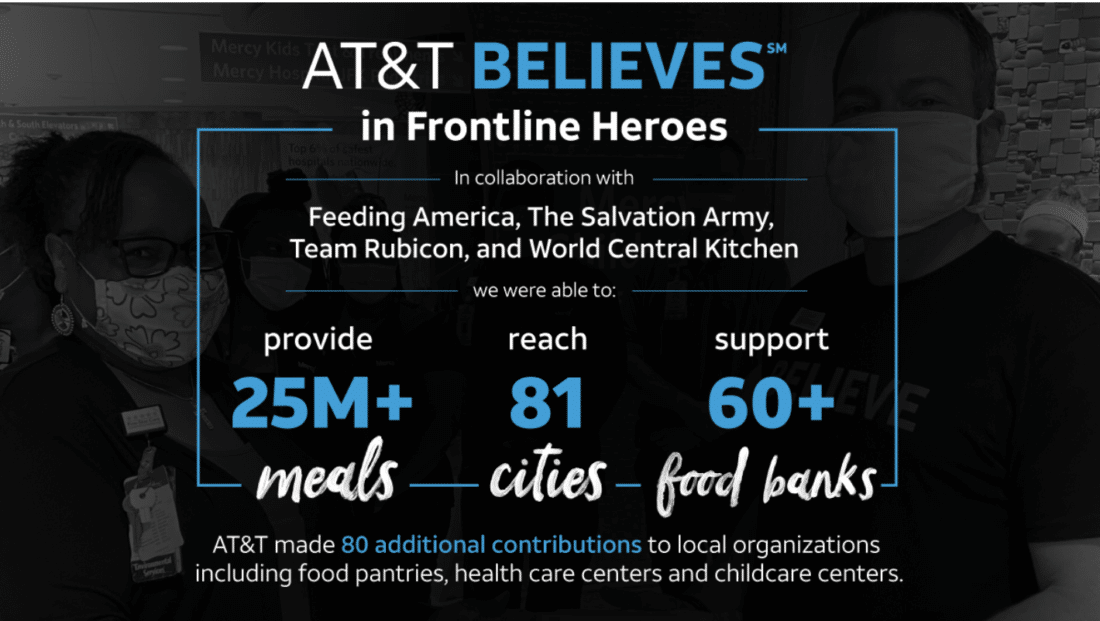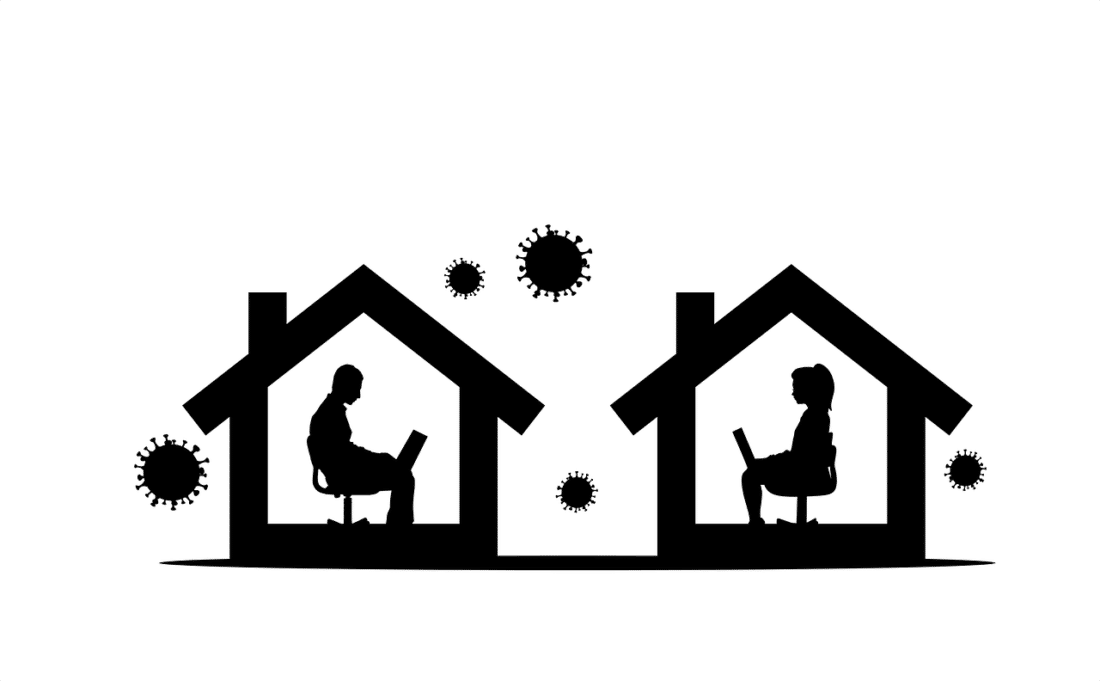
In this interview, Alicia Dietsch, Senior Vice President of Business Marketing at AT&T, shares her thoughts on the impact of Covid-19 on digital marketing, AT&T’s 5G, and cybersecurity. Dietsch has been a member of AT&T’s Sales and Marketing team since 1991 and has served in several strategic roles. As SVP, Dietsch is responsible for planning and executing marketing strategies to drive growth and promote brand loyalty.
What do you think the impact of Covid-19 will be on the digital marketing industry in the next year? In five years?
Covid-19 pushed companies over the technology tipping point; it forced innovation. Businesses had to transform overnight, and as marketers we had to adapt just as quickly to continue to compete and meet the needs of our customers.
One lasting effect is the importance of a more personalized approach to marketing and sales. 2020 reinforced the notion that brands have to communicate in very local, specific terms, and develop personalized messages based on geography, demographics and psychographics.
Increased personalization and an emphasis on analytics will stick around long after we return to “normal.” You have to learn where your customers are or even where they’re going in order to reach them in a meaningful way.
How did traditional customer relationships and behaviors adapt with the move from face-to-face events and conferences to all things virtual? How do you see those relationships changing going forward?
Of course it’s difficult to replicate the in-person experience, but the shift to all things digital has its own benefits. In 2020, we saw higher attendance in virtual briefings and customer advisory council meetings. More C-level executives joined online than 2019’s in-person meetings, which is a huge advantage for any marketer.
The investments that we have made in virtual experiences will continue to be important as we return to in-person or hybrid events. While more personal face-to-face interactions are preferred, virtual experiences provide brands with the ability to extend the conversation beyond the boundaries of an in-person event, both before and after.
What changes did AT&T digital implement last year that responded to the new and growing expectations of consumers?

Last year, our team quickly pivoted to developing virtual experiences for our customers in lieu of in-person events. By the fourth quarter, we launched The Hub, our home for AT&T Business virtual experiences. The Hub features a number of experiences, including a Virtual Briefing Center, Webinar Theater, and an Expo Hall. Within the Expo Hall we are able to bring to life the possibilities with our products and services in the specific industries we serve.
And, as our team gets more comfortable with building virtual exhibits, our online experiences will continue to become more dynamic. For example, the FirstNet experience we built features a whole subsection of a city; commercial buildings, residences, and even a pandemic response pop-up. In a virtual space, you are only limited by your imagination.
How will the continued rollout of 5G (and AT&T’s 5G) impact customer-centric experiences?
The past year created an opportunity for marketers to become the stewards of the customer experience. And technology was at the forefront in making this a new reality for us by virtualizing everything that was possible. Now as we look to the future, technologies like 5G are only going to continue to enhance the customer experience and blend the physical and digital worlds—creating a “phygital” world.
For example, one of AT&T’s 5G over mmWave spectrum is on display at AT&T Stadium, home of the Dallas Cowboys, where interactive columns allow fans to digitally pose with their favorite player and receive the picture directly to their smartphone.
With so many people working from home today, what are the main cybersecurity risks for businesses?
You cannot overemphasize the value of digital trust, and you can absolutely not underestimate the ability of hackers. It truly starts with educating employees about the importance of cybersecurity. In today’s environment, it’s possible an employee is checking email or fulfilling online orders on the same device their child is working on homework. This massive and sudden shift to a remote workforce introduced risks that most experts probably never expected.
Assessing security needs is important in providing for network resiliency in a hybrid work environment. Chief information security officers (CISOs) should assess their cyber response to Covid-19 to identify any gaps or failures to determine where their cyber risk posture stands today and how they can make incremental improvements towards a more resilient one. Being able to quickly adapt to changing business conditions is critical to help protect enterprise digital connections.
How important do you think it is for brands today to infuse their values and purpose into their work?

It’s incredibly important, and something we certainly prioritize at AT&T. We know that customers are people with unique wants, interests and dreams. Building a strong, ongoing and authentic connection with diverse customers is vital to a brand’s success. At AT&T, our goal is to provide products and services along with experiences to our customers that celebrate and recognize diverse cultures.
Follow Alicia Dietsch on LinkedIn.
Feature image by mohamed Hassan





Join the conversation